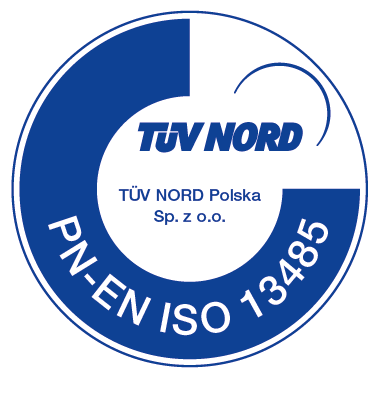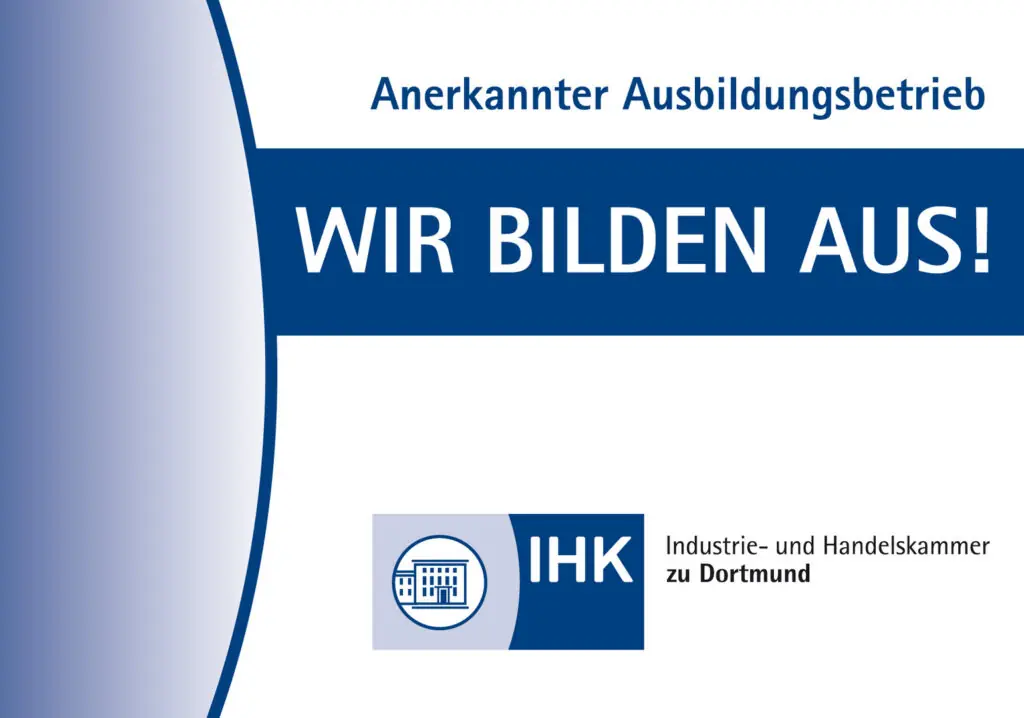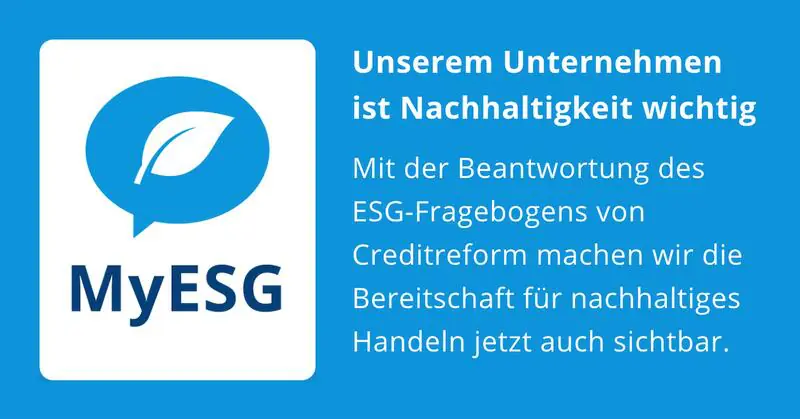Quality Management for Medical Device Manufacturers
Ensuring Compliance and Patient Safety through Structured Systems
Quality Management is essential in the manufacturing of Medical Devices and Dental Devices. In this highly sensitive area, it is of the most importance that devices meet the highest quality standards to ensure patient safety and the effectiveness of medical treatments. Companies that manufacture and market Medical Devices are legally required to implement, operate and maintain a Quality Management System (QMS) in accordance with the European Medical Device Regulation (MDR), Article 10. The MDR is a European Union regulation that governs the requirements for Medical Devices.
For manufacturers of Class I Devices, the implementation of a QMS is mandatory, but certification by a Notified Body is not required. Instead, the manufacturer is responsible for ensuring that the system complies with the applicable MDR requirements. In contrast, manufacturers of higher-risk devices (Class Is, Im, Ir, IIa, IIb, III) must not only implement a QMS but also undergo conformity assessment procedures involving a Notified Body. This typically includes regular surveillance (e.g., monitoring audits) and formal certification of the QMS—most commonly according to ISO 13485 Standards.
The Quality Management System must ensure conformity with the requirements of the European MDR in an effective and appropriate manner. The reasons for the introduction of the MDR are manifold, including the creation of a legal framework that regulates compliance with high quality and safety standards.

Core Elements of a Medical Device Quality Management System
According to the requirements of the European Medical Device Regulation, the QM System includes at least:
(a) A regulatory compliance concept, which includes compliance with the conformity assessment procedures and the procedures for the management of changes to the devices covered by the system;
(b) The determination of the applicable general safety and performance requirements and the identification of ways to meet these requirements;
(c) The responsibility of the management;
(d) Resource Management, including selection and control of suppliers and subcontractors;
(e) Risk Management as referred to in Section 3 of Annex I;
(f) Clinical Evaluation as referred to in Article 61 and Annex XIV, including Post-Market Clinical Follow-up;
(g) Product Realization, including planning, design, development, manufacturing and provision of services;
(h) Verifying the assignment of the UDI in accordance with Article 27(3) for all relevant devices and ensuring the consistency and validity of the information provided in accordance with Article 29;
(i) Establishing, implementing and maintaining a Post-Market Surveillance System in accordance with Article 83;
(j) Communication with the Competent Authorities, Notified Bodies, other economic operators, customers and/or other interested parties;
(k) Procedures for reporting serious incidents and field safety corrective actions as part of vigilance;
(l) Management of corrective and preventive actions and verification of their effectiveness;
(m) Procedures for monitoring and measuring results, data analysis and product improvement.
In addition, the manufacturer has to fulfill further requirements, such as the system for Post-Market Surveillance (Market Observation, PMS, PMCF), information on the labeling of MP, the reporting system, the update of the Technical Documentation for Medical Devices (Annex II and Annex III of the MDR) and many more.
These minimum requirements are not fully congruent with the Quality Management Standard EN ISO 13485. Certification of the above mentioned system is not mandatory. Certification by a Notified Body or, in other cases, by a Certification Body simplifies some procedures. The standard EN ISO 13485 (“Medical Devices – Quality Management Systems – Requirements for Regulatory Purposes”) is decisive for all Medical Devices. This standard defines the requirements for a corresponding Quality Management System. Successful implementation is then confirmed by certification (initial certification).
The Quality Management System is a necessary component to meet the strict requirements. It ensures that the manufactured products meet the regulatory requirements and fulfill the highest quality standards. By complying with the MDR and implementing EN ISO 13485, companies can gain the trust of their customers and strengthen their position in a highly competitive market.
WQS has been supporting Medical Device manufacturers in the introduction and maintenance of Quality Management Systems for 30 years.
Frequently Asked Questions
A QMS ensures that Medical Devices consistently meet safety, performance, and regulatory requirements. It is legally required under the European MDR and helps protect patients, users, and healthcare providers. Learn more about the QMS ISO 13485 Compliance.
No, Class I Medical Devices generally do not require Notified Body involvement, but the manufacturer must still implement and maintain a QMS in accordance with MDR requirements.
The QMS must cover Regulatory Compliance, Risk Management, Product Realization, Clinical Evaluation, Post-Market Surveillance, UDI Assignment, Vigilance Reporting and Continuous Improvement.
No, ISO 13485 certification is not legally required for CE Marking under the MDR. However, it is strongly recommended and widely used by Notified Bodies as supporting evidence in the conformity assessment process.
Need more information?
WQS provides you with detailed information on your subject.
You can also explore our FAQ page and other resources for further insight
– or simply contact us for direct support.



